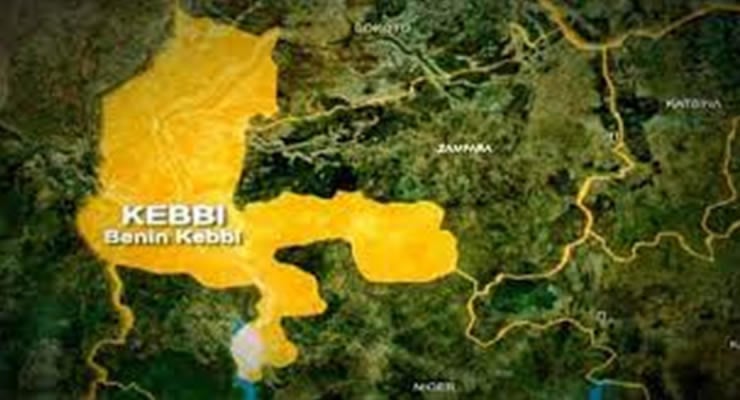The Kebbi State Government has ordered the immediate closure of all state-owned tertiary institutions, except for the College of Nursing Sciences and Midwifery, Birnin Kebbi, citing heightened insecurity across the state.
The directive was issued on Saturday by the state Commissioner for Higher Education, Alhaji Issa Tunga, during a press briefing in Birnin Kebbi. Tunga explained that the decision became necessary following recent cases of insecurity that have affected several parts of Kebbi in the past weeks.
“The affected tertiary institutions are the State Polytechnic, Dakingari; Kebbi State University of Science and Technology, Aliero; College of Health Sciences and Technology, Jega; and the College of Education, Argungu,” he stated. He clarified that the College of Nursing Sciences and Midwifery, Birnin Kebbi, remains operational and is not affected by the directive.
The commissioner urged the management of the affected institutions to comply fully with the government’s order to ensure the safety of students and staff. “They should remain calm as the new resumption date will be communicated to them at the appropriate time,” Tunga added.
The statement, signed by Ahmed Idris, Chief Press Secretary to the Kebbi State Governor, assured students and staff that further updates would be provided in due course. Authorities have appealed to the public to remain calm and supportive as measures are taken to protect vulnerable institutions.
READ ALSO: Tinubu asks Matawalle to relocate to Kebbi over schoolgirls abduction
This move comes amid a spate of violent incidents in northern Nigeria, including the recent abduction of students from St Mary’s School in Papiri, Niger State, where over 300 students and teachers were kidnapped, and a separate attack in Maga, Kebbi State, which saw 25 female students abducted from a government girls’ secondary school.
Security concerns have increasingly affected educational institutions in the region, prompting several northern states, including Yobe and Niger, to close schools to safeguard students temporarily. The closures underscore the ongoing challenge of ensuring the safety of learners and educators in areas susceptible to banditry, insurgency, and other security threats.
Education advocates and civil society organisations have called on state and federal authorities to adopt stronger, coordinated strategies to secure schools and tertiary institutions, warning that continued insecurity threatens the educational progress of thousands of students in northern Nigeria.



